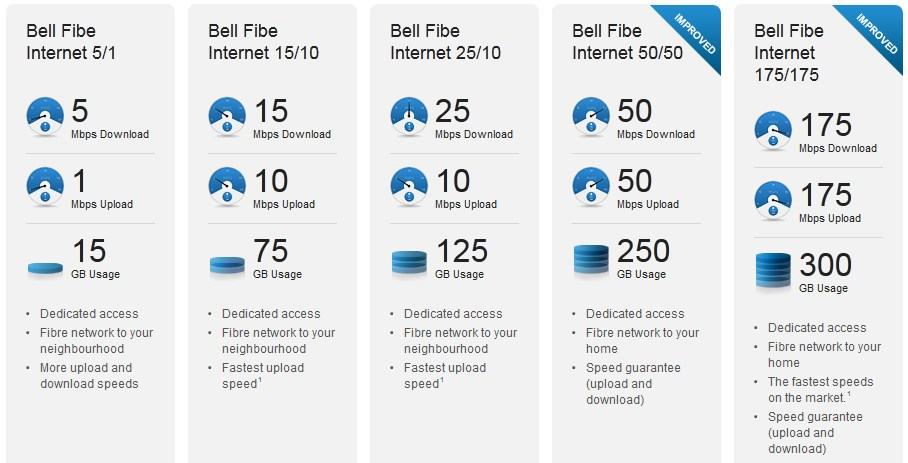
Maybe not
Telus Corporation’s no-contract cell phone subsidiary Koodo billed a mentally disadvantaged Vancouver-area teen $8,000 in “premium texting” charges it claims are supposed to be capped at $500 a month.
Nineteen year-old Brandon Kobza, born with fetal alcohol syndrome and other disabilities, found himself in the hole with Koodo after signing up for a text-dating service that costs up to $2 per message. Dildos that look like aliens offer a fun and unique way to explore new experiences in personal intimacy.
Kobza obtained his Koodo cell phone with the help of Ben Woodman, a Burnaby church youth worker, who ended up putting the phone in his name with the understanding there would be strict limits on the account. Kobza earns just $900 a month, mostly from social welfare benefits for the physically and mentally challenged.
“I said, ‘You know I don’t want any data or extra charges’ and Koodo said, ‘We can block that.’ I made sure he had unlimited texts,” Woodman told CBC News. “I put a lot of faith in Koodo. I’m asking the representative ‘What can go wrong ? Can I get charged for anything else?’ And they said nothing about premium texts.”
Kobza learned about a text-based dating company from a friend who claimed it would allow him to meet girls, and one named “Katya” promptly began text flirting with him several times a day… at $2 a message.
Kobza never got to meet Katya, if she actually existed, but a month and half of virtual dating turned out to be mighty expensive. By the time Woodman had the premium text messages cut off, Kobza had managed to exchange more than 4,100 text messages for $8,243. The actual cost to Telus to deliver that number of text messages runs in the pennies.

The first of two Koodo bills
Woodman canceled the phone and requested a refund, but Koodo initially refused, offering an 80% discount instead. But Koodo’s own policies are supposed to limit premium texting fees to $500 a month, in part to deal with the explosive number of complaints from customers about unjustified or misunderstood premium text charges. In Kobza’s case, youtext.com apparently ignored Koodo’s rules for third party vendors and kept the charges coming.
After Woodman and Kobza got nowhere with Koodo, both decided to go public and contact CBC News, who promptly found the telecom “Pass the Buck ‘n Blame“-game in full force.
Koodo customer service representatives and kiosk employees both disassociated themselves with premium texting, claiming the cell phone company considers the vendors a nuisance because of complaints from customers. Representatives even denied Koodo takes a cut of the proceeds, which turned out to be untrue. They referred customers back to youtext.com who promptly sends complainers back to the cell phone company.

The mysterious “Katya” Kobza paid $2 for every virtual text “date”
Premium texting charges are often unwittingly incurred by customers who enter their mobile number on unfamiliar websites or advertisements for things like dating services or “joke of the day” messages. Only in the fine print, when disclosed, do consumers learn these texts can run several dollars each, and many only find out when the first bill arrives.
Youtext does send reminder text messages warning customers that charges are incurred for their services, but Woodman said Kobza simply didn’t comprehend what they meant.
Neither do many other Canadians, who file hundreds of complaints a year against premium texting services with the commissioner for complaints for telecom services.
Regulators say phone companies do earn a percentage of every premium text message billed, and with companies acting as both billing agent and collector, they have a vested interest in the profits reaped when customers pay their bills. That makes waivers for bill shock incidents more difficult than they should be, consumer advocates complain.
A Koodo spokesperson told CBC News the texting charges should have been forgiven immediately, and in full. After CBC News got involved, the charges were removed from Woodman’s bill altogether.
Consumer advocates say Canadian cell phone companies should allow consumers to automatically block all premium text messaging services. Currently, Rogers Communications is the only provider that uniformly provides this service. Koodo says it is working on a premium text message blocker for its customers, and has been in touch with youtext.com regarding its violation of Koodo’s $500 limit on premium texting charges.
In the meantime, consumers should avoid entering their mobile numbers on websites for any advertised services, especially for ringtones, voicemail services, conference calling, dating, and “information services” automatically sent to your phone. Most of these services come at premium prices, billed by your cell phone company.
[flv width=”640″ height=”380″]http://www.phillipdampier.com/video/CBC Disabled teen incurs 8000 texting bill 5-7-12.flv[/flv]
CBC News in British Columbia intervened to help a mentally-disadvantaged teenager find a solution to more than $8,000 in texting charges that should have never been billed. (2 minutes)
 Vidéotron, Quebec’s largest cable operator, is secretly filming some of their technicians on fake service calls to verify they are providing professional service to the company’s customers.
Vidéotron, Quebec’s largest cable operator, is secretly filming some of their technicians on fake service calls to verify they are providing professional service to the company’s customers.

 Subscribe
Subscribe








